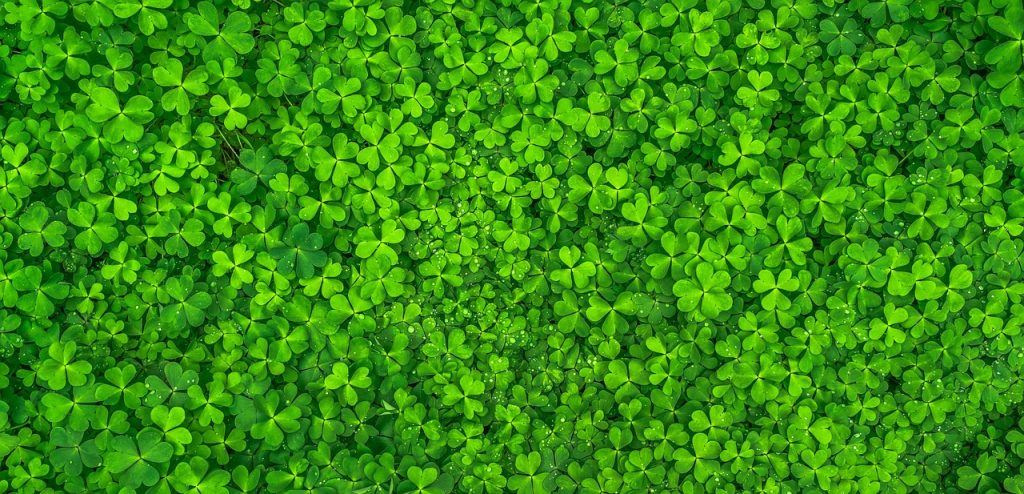Clover can be a beautiful addition to some people’s lawns, but some people may want to get rid of it. You might desire to eliminate clover from your lawn for a variety of reasons. Others could object to the fact that it draws bees in areas where children or pets play because it simply interferes with the desired aesthetic.
For whatever reason, you’re probably trying to find a solution to the problem of how to get rid of clover in my grass. Find out how to get rid of clover weeds from your lawn by reading on.
What kills clover but not grass?
If you have a beautiful and tidy lawn that is troubled with clover, you’ll want to locate a solution that removes the clover without damaging the grass. You might want to look for a herbicide that can physically eliminate the clover from your lawn without destroying the grass. An alternative strategy would be to apply white vinegar on the clover as a spot treatment. Regardless, there are a number of approaches to eradicate clover from lawns without causing any harm to the lawn itself:
- Pre-emergent treatment
Stopping clover in its tracks before it emerges is one approach to keep your grass clover-free. You could use pre-emergent chemicals to do this. Pre-emergent pesticides can be a smart choice for keeping your lawn clear of clover without causing grass death. These substances are applied to the grass and prevent some areas from seeing seed germination. If you purchase a pre-emergent herbicide intended to destroy clover, make sure it is safe to use on the type of grass you have before using it.
- Manual Removal
If your grass is in good shape, you can just try plucking the clover out of the ground; occasionally, doing so by hand will be sufficient to prevent them from coming back. The secret is to get the plant before the blossoms fully emerge. It will be much more challenging to get rid of them after the clover flowers. The optimal time to begin pulling clover if you wish to use this strategy is before the blossom head appears.
To manually remove clover from your lawn, first soften the soil using a shovel or trowel, then gently but firmly remove both the clover’s head and its connected roots. Comb the soil well to verify that all roots have been removed. Make certain that the clover is disposed of in a location where it cannot thrive. While it may be tempting to add it to your compost bin, doing so can encourage it to thrive and spread across your yard as the compost is consumed. Instead, toss the clover into your green bin.
- Chemical Removal
Clover weeds can be controlled with pesticides or natural substances. If you already have a great lawn and are only searching for a technique to get rid of the clover, spot-treating it with white vinegar should do the work. Pour little amounts of white vinegar across the clover’s leaves and stems, then rinse with water. Make sure to spot-treat any clover-affected areas before it spreads further. White vinegar can be an efficient technique to remove clover from lawns without harming the grass. The acetic acid in white vinegar is thought to act by altering the pH balance of the soil, making clover growth harder.
Herbicide is another alternative for getting rid of clover weeds in your grass. Many herbicides are available on the market that destroy clover without also killing grass. It is critical to conduct extensive research to ensure that you use a herbicide that will remove your clover without harming your lawn. Certain herbicides may also be more effective against certain types of grass.
How will I know when my grass is clover-free?
While there is no way to be certain your lawn is clover-free without testing soil samples, you can use a few basic tells to determine if your grass is clover-free. These include searching for:
- New weed growth in your lawn and any locations where clover used to thrive. If your lawn is clear of clover, you should not see any new growth.
- Browning or yellowing of the grass in impacted areas or patches containing clover. If this happens, the clover may be returning and will need to be eradicated.
- Clover sprouts in the spring and early summer since this is when it grows the fastest. If you notice any new clover patches, make careful to eradicate them before they flower.
Call Pulse Lawn Mowing & Gardening at 1300 697 857 or enquire online for a free, no-obligation quote for all of your gardening needs now!






